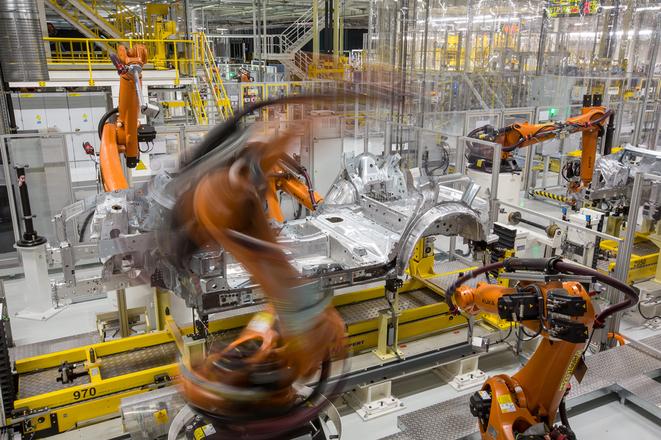Car production in Slovakia is expected to have plunged by some 20 percent this year. These are the first estimates of the Automotive Industry Association of the Slovak Republic (ZAP).
Investment Advisory Guide
Well-arranged information about the economy, labour market, investor support, legislation, and real estate, as well as investment opportunities in Slovakia. For more details visit ouronline shop.
Last year, Volkswagen Slovakia, Kia Motors Slovakia, Groupe PSA Slovakia, and Jaguar Land Rover produced more than 1,100,000 vehicles. Behind this year’s decline are the coronavirus pandemic and the spring production stoppage by all carmakers in Slovakia.
“Carmakers, and along with them their suppliers, are currently in full swing,” said Ján Pribula, secretary general of ZAP, as cited by the SITA newswire. “We believe that this will remain so and none of the measures will influence us. However, production was stopped in March and April. This decline cannot be offset now, hence we expect a drop compared to the record-breaking year of 2019, of approximately 20 percent.”

ZAP considers overcoming of all the consequences of the coronavirus crisis to be a major challenge for the whole industry for 2021. The sector expects that problems caused by the crisis will recede in 2021, but on the other hand, it is concerned about the setting of the future cooperation between the EU and UK.
“Subsequently, it is necessary to create in Slovakia conditions for support and development of investments, increasing competitiveness and improving the business environment so that we secure sustainability for the automotive industry,” said Pribula.
ZAP considers political ambitions to reduce emissions and their constant and fundamental changes to be the greatest threats to the sector. It also perceives the Slovak education sector and sufficiency of qualified labour force as risk factors.
In addition, Pribula also drew attention to the problems arising from failure to manage the processes related to the recovery plan.
“European countries plan to use the funds, for example, for development of infrastructure for alternative fuels,” he said. “The European Commission supports such usage of money from the Recovery Fund and at the same time it plans to introduce mandatory quotas for member states to build charging points for alternative fuels. Slovakia is on the tail of Europe in the number of charging stations. If the quotas come into force and we do not use money from the Recovery Fund, we will have to cover the costs from the state budget.”




 The autimotive industry is one of main pillars of the Slovak economy. (source: Courtesy of VW SK)
The autimotive industry is one of main pillars of the Slovak economy. (source: Courtesy of VW SK)